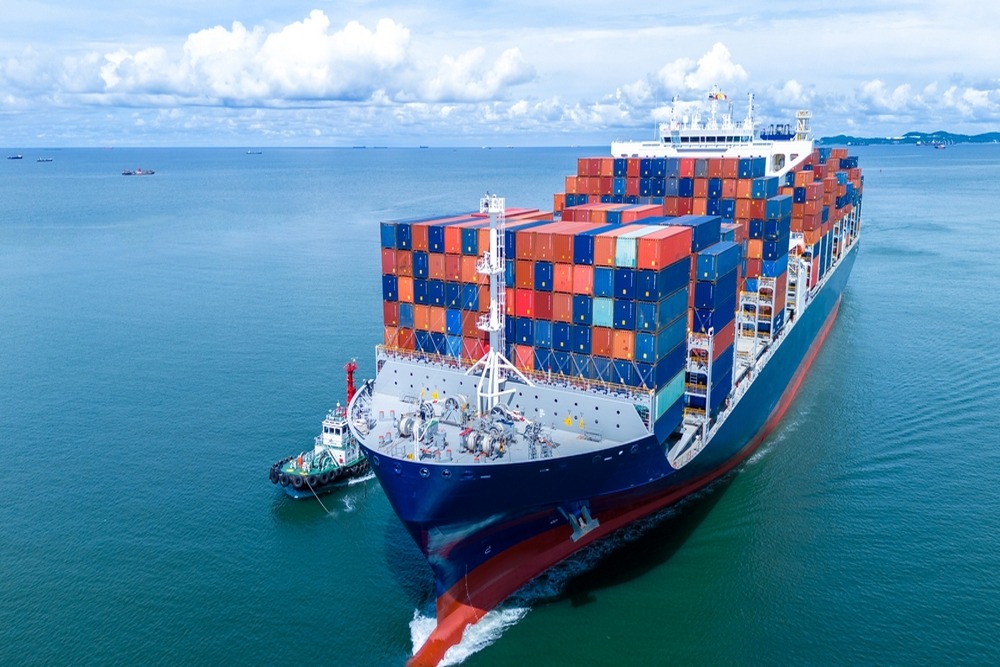
An In-Depth Handbook for Truck Drivers and Fleet Managers
As a trucking business owner, the significance of understanding trucking insurance cannot be overstated. It’s not just about compliance but also about protecting your assets and ensuring the smooth operation of your business. In this comprehensive guide, we’ll delve into the intricacies of trucking insurance, covering everything from types of coverage to cost factors and providing valuable tips to help you make informed decisions.
Types of Trucking Insurance Coverage:
Trucking insurance encompasses various types of coverage tailored to different aspects of your business. Understanding these coverage options is critical to ensuring comprehensive protection:
- Liability Insurance: Protects against damages or injuries caused by your truck or driver to other parties.
- Physical Damage Insurance: Covers repair or replacement costs for your truck in case of damage.
- Cargo Insurance: Provides coverage for the goods or cargo you transport against losses or damages.
- Non-Trucking Liability Insurance: Covers your truck when used for personal purposes.
- Uninsured/Underinsured Motorist Insurance: Protects you in accidents with uninsured or underinsured drivers.
Minimum Insurance Requirements:
Trucking businesses must meet specific insurance requirements mandated by federal and state authorities. These requirements typically include primary liability, cargo insurance, and worker’s compensation insurance.
Factors Affecting Insurance Rates:
Several factors influence trucking insurance rates, such as driving record, vehicle age, cargo type, coverage limits, and deductible amount. Understanding these factors helps in managing insurance costs effectively.
Expedited Trucking Insurance:
Expedited trucking insurance caters to time-sensitive freight transport and includes coverage for cargo, time-sensitive situations, liability, physical damage, non-trucking liability, and business interruption.
Finding the Right Insurance Provider:
Researching and comparing insurance providers, evaluating coverage options, checking financial stability, assessing customer service, and understanding claims processing are crucial steps in finding the right insurance provider.
Understanding the Claims Process:
Knowing the claims process is vital in the event of an accident or loss. Key steps include reporting the incident, documenting damage, gathering necessary paperwork, cooperating with adjusters, and keeping detailed records.
Tips for Reducing Insurance Costs:
Implementing safety measures, maintaining a clean driving record, practicing risk management, considering higher deductibles, shopping around for rates, and bundling policies can help reduce insurance costs.
Common Mistakes to Avoid:
Avoid underestimating coverage needs, focusing solely on price, not reviewing policy terms, failing to compare quotes, and not seeking professional advice when purchasing trucking insurance.
Proper trucking insurance coverage is paramount for the success and protection of your trucking business. You can safeguard your business effectively by understanding the nuances of trucking insurance, complying with requirements, finding the right provider, and implementing cost-saving strategies.
Surefire Insurance: Your Partner for Personalized Insurance Solutions
Get in touch with Surefire Insurance now at (323) 870-9503 to receive personalized advice and customized insurance solutions that safeguard your bottom line and offer peace of mind. Our seasoned agents will evaluate your needs and craft a tailored insurance plan to protect your business and assets. Don’t take chances with your business’s security – contact us today!





